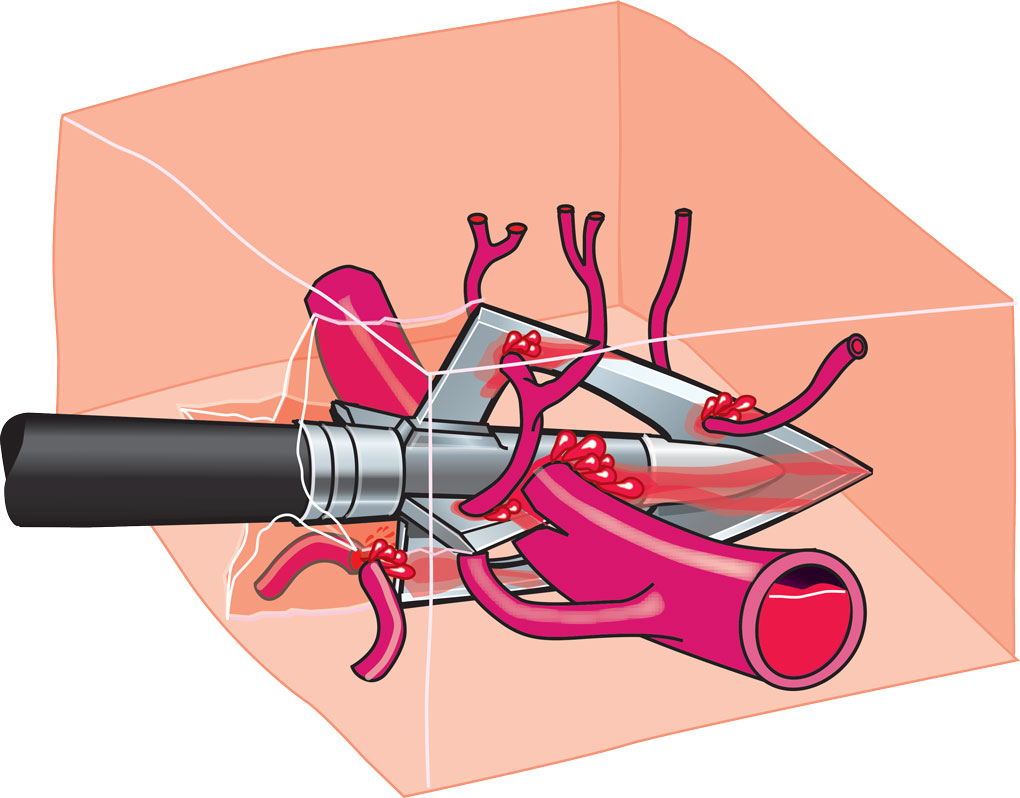What You Learned (cont.)
Bows and Arrows

The bow is a short-range hunting tool.

Proper bow selection and fit are essential to your accuracy and performance when bowhunting. The most common types of bows are the longbow (stick bow), the recurve bow, and the compound bow.

The safe and easy way to string a recurve bow or longbow is to use a bowstringer. To replace compound bow strings, you must use a bow press.

Arrows have four parts.
- Shaft: The long spine of the arrow
- Fletching: The plastic vanes or feathers on an arrow
- Arrowhead: The point of the arrow
- Nock: A slotted plastic tip on the rear end of the arrow
- Stand at a right angle to the target with your feet approximately shoulder-width apart. You should feel comfortable and balanced.
- Nock the arrow, then simultaneously raise the bow and draw the string back to your "anchor point."
- Aim and release the arrow by letting your fingers slip quickly away from the string. Never dry fire a bow.

The common types of arrowheads are bullet point, blunt point, field point, JUDO point, fish point, and broadhead. The broadhead is the only arrowhead that may be used for big game hunting.

The crossbow is another short-range hunting tool. It is a bow that has a rifle-like stock and shoots shorter arrows (sometimes called "bolts"). Safe use of a crossbow requires following the safety rules for both firearms and bows. Before hunting with a crossbow, make sure it is legal in your state.

Before practicing or hunting, an archer must examine each arrow. Check for cracks and splinters in wood arrows; creases, dents, or cracks in aluminum arrows; and crushed sidewalls on fiberglass or graphite arrows. Discard any shaft that has cracks or breaks.

An arrow is as deadly as a bullet, so the basic safety rules that govern firearm shooting also apply to archery.

Broadheads must be kept razor-sharp for hunting. To prevent injury, use a special wrench to screw on broadheads, keep them covered with a quiver, and take special care when field dressing bow-killed game.

To shoot a bow and arrow: